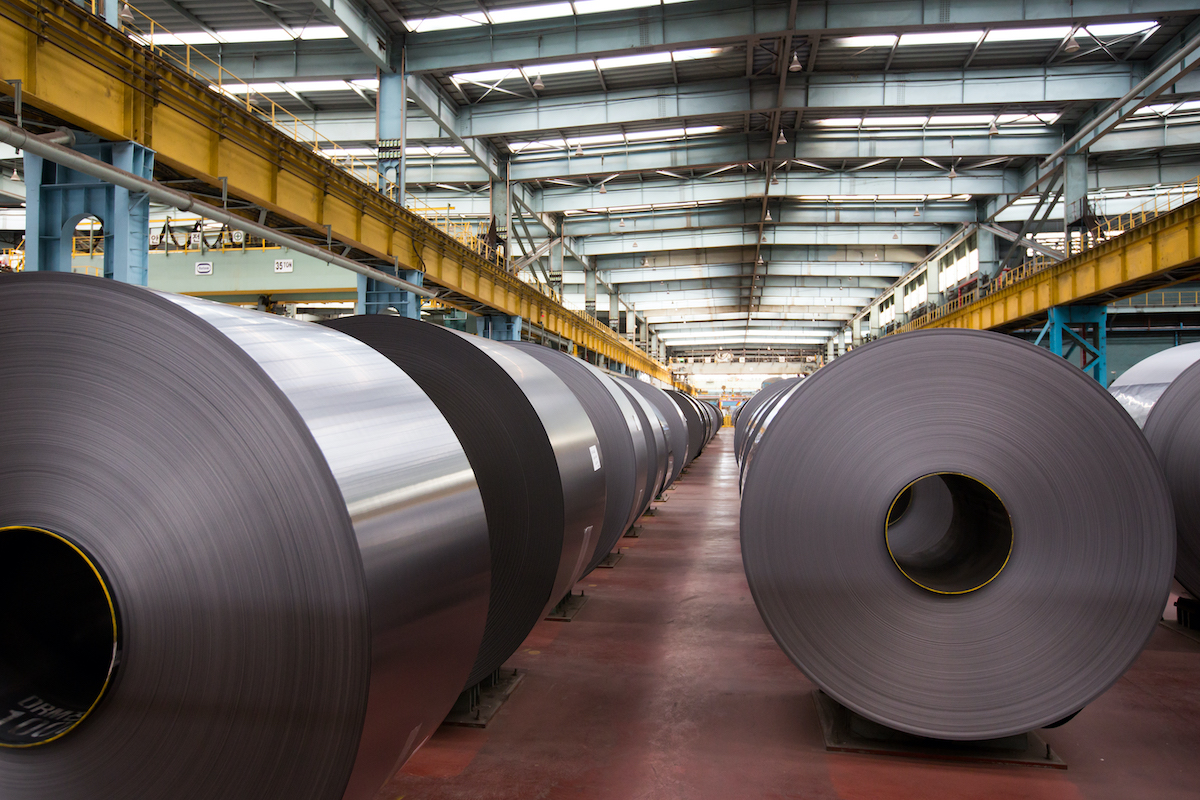Brazilian economy ministry has temporary reduced the import tariffs over a variety of steel products, aimed at easing the effects of coronavirus pandemic in the national economy, the ministry said Nov. 5.
The measure – valid until Dec. 31, 2022 – covers from raw materials such as pig iron, ferroalloys, to semi-finished ingots, billets, slabs and flats and long steel products, including tubes & pipes, the ministry said in a statement published in the official gazette. Specialty steels were also cited.
Carbon hot- and cold-rolled coils, rebar and wire rod had their 12% import tariff cut to 10.8%, the ministry said
Industry associations – such as for machinery and equipment, Abimaq; for automakers, Anfavea; and for construction, CBIC – have been seeking the tariff cut or removal since the jump in steel prices in mid-2020 and a period of restricted supply.
Aço Brasil Institute said earlier this year that rising raw materials costs such as iron ore, scrap and met coal were “the reason for the adjustments in steel prices in Brazil and in the world.”
According to the government, the measure does not harms regional agreements, as it was taken due to the urgency situation raised by the coronavirus pandemic.
Brazilian domestic hot-rolled-coil prices have increased 173.85% from January 2020 to date to Real 6,600/mt, ex-works, according to Platts’ Nov. 5 assessment. Before that, the price reached a peak of Real 7,000/mt on May 21.
Brazilian domestic rebar price increased 111.4% from January 2020 to Real 5,000/mt, ex-works, on Nov. 5. The price previously reached a peak of Real 6,050/mt in June 21.
According to national flat products distributors association Inda, a large number of ships is waiting to dock at Southern Sao Francisco do Sul Port, causing congestion and further delivery delays.
Moreover, a high volume of imported material was reported sitting at the port, much of it awaiting customs clearance, according to one trader who said there is no more space available at bonded warehouses.
“A part of this volume may now be nationalized, causing further pressure on domestic prices,” said the trader, estimating a normalization by the end of Q1 2022.
Another importer said that the ministry cut to tariffs would result in very little change, since the final product price will not “even have this 1.2 percentage points of discount in the end. It helps but it is not a solution,” he said. “Only the foreign exchange fluctuation resulted in a 10% raise in the last shipment we brought.”
— Jose Guerra






